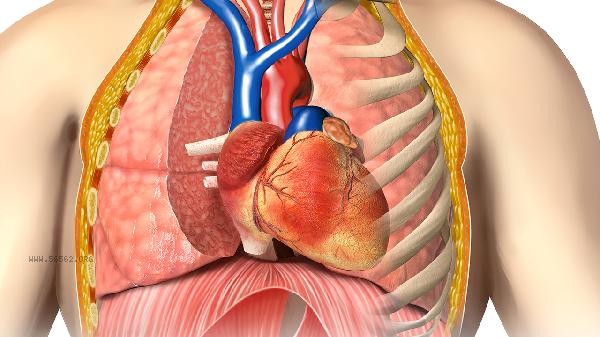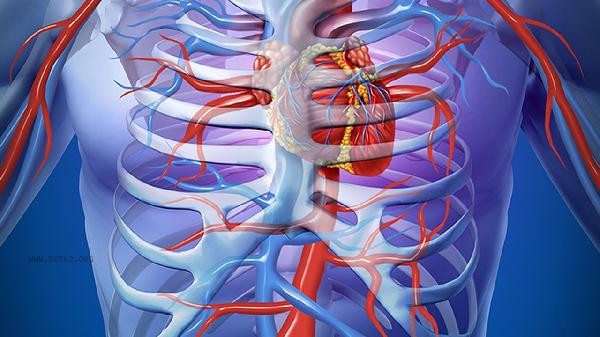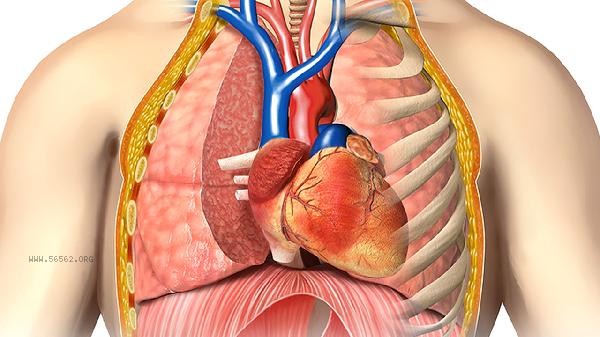Narrowing of the heart's blood vessels can indeed cause an increase in blood pressure, as it leads to increased blood flow resistance and requires greater pressure to pump blood, resulting in hypertension. To solve the problem of hypertension caused by cardiovascular stenosis, it is necessary to start with medication treatment, lifestyle adjustments, and surgical treatment.

1. The relationship between cardiovascular stenosis and hypertension
Cardiovascular stenosis refers to the narrowing of the lumen of coronary arteries or other important blood vessels due to plaque accumulation, inflammation, and other reasons, resulting in restricted blood flow. When blood vessels narrow, the resistance to blood flow increases. In order to maintain normal blood circulation, the heart increases the pumping force, leading to an increase in blood pressure. Long term hypertension can further exacerbate vascular damage, forming a vicious cycle.
2. Drug therapy
Drug therapy is an important means of alleviating cardiovascular stenosis and hypertension. Common medications include:
antihypertensive drugs such as amlodipine, benazepril, etc., which help lower blood pressure and alleviate the burden on the heart. Antiplatelet drugs such as aspirin and clopidogrel prevent thrombosis and improve blood flow.
Lipid lowering drugs: such as atorvastatin and rosuvastatin, lower blood lipid levels and slow down plaque formation.
3. Lifestyle Adjustment
Improving lifestyle is crucial for controlling cardiovascular stenosis and hypertension.

Dietary adjustment: Reduce the intake of high salt and high-fat foods, and eat more fiber rich vegetables, fruits, and whole grains. Recommend Mediterranean cuisine, rich in olive oil, fish, and nuts.
Exercise: Engaging in at least 150 minutes of moderate intensity aerobic exercise per week, such as brisk walking, swimming, or cycling, can help improve cardiovascular health.
Quit smoking and limit alcohol consumption: Smoking and excessive alcohol consumption can worsen vascular damage, while quitting smoking and limiting alcohol intake can help lower blood pressure.
4. Surgical treatment
For severe cardiovascular stenosis, surgical treatment may be necessary.
Coronary stent implantation: Implant the stent into the narrowed area through a catheter, dilate the blood vessel, and restore blood flow.
Coronary artery bypass surgery: Reconstructing blood flow channels by transplanting blood vessels around the narrowed area.
plaque rotational resection: using special equipment to remove plaques inside blood vessels and improve vascular patency. Cardiac vascular stenosis is one of the important causes of hypertension, and timely diagnosis and treatment are crucial. Through medication treatment, lifestyle adjustments, and necessary surgical interventions, blood pressure can be effectively controlled and cardiovascular health can be improved. Regular physical examinations and adherence to medical advice are key to preventing and managing cardiovascular stenosis and its complications.










Comments (0)
Leave a Comment
No comments yet
Be the first to share your thoughts!